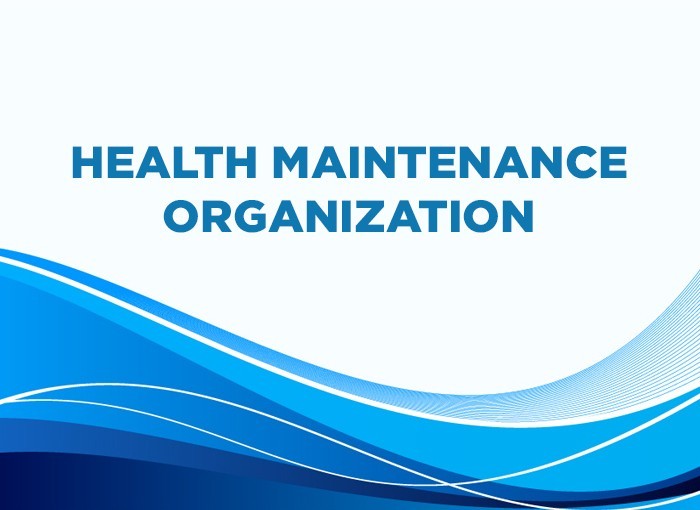How Does A Health Maintenance Organization Work?
A health maintenance organization (HMO) is nothing but a medical insurance group or structure that provides medical coverage to its members through a fixed network of healthcare providers for an annual fee. Members registered with an HMO are required to choose a primary care provider, also known as PCP, who is supposed to be the first point of contact for the covered health issues. An HMO usually does not cover the out-of-network treatment. In case a member goes to a healthcare provider outside the network, s/he will have to bear the extra expense.
How does the HMO plan work?
The first thing to learn about an HMO plan is that it reduces the medical costs if members use only in-network healthcare providers including doctors, physicians, and hospitals. An HMO is simply an organized private and public organization that provides health services to its members or subscribers. Let’s understand who all are involved in an HMO.
Members are the people who subscribe to an HMO insurance plan. An HMO maintains its network of healthcare providers including PCP, doctors, physicians, and hospitals. The healthcare providers enter into a contract with the HMO and agree upon a fixed payment and in return, they provide their medical services to its members.
In some cases, an HMO’s network may be restricted only to local healthcare providers. It may push the members to go outside the network for some treatments increasing their medical costs.
Things to know about an HMO Plan
- Choose a Primary Care Provider – It’s a must to have a primary care physician or provider in an HMO plan. Either members choose or their insurer will assign a PCP to them. A PCP is usually a doctor or physician who will be the main point of contact for members whenever they require treatment and will coordinate all the care they need.
- PCP referral for special treatment – In case a member needs special treatment or preventive care, s/he would need a referral from his/her primary care provider. Without a referral, the received treatment won’t be covered and the HMO plan will not pay for it. Make sure that your PCP is well aware of your medical condition and you opt for the care that is truly necessary. Some modern HMOs allow their members to visit specialists without a referral though.
- Use in-network healthcare providers – It’s recommended that being an HMO member, you take medical care from in-network providers only as an HMO plan does not cover any out-of-network care. In case you need to visit a provider out of the network, you would need to contact your PCP and take approval from him/her to cover the out-of-network care in your HMO plan.
- Cost-sharing in HMO – With an HMO plan, deductibles, copays, and coinsurance are always kept to a minimum level to provide cost-effective medical services to its members. The low-cost sharing makes the HMO plans one of the most reasonable health insurance plans.
Let’s take a look at some highlights of an HMO plan including its benefits and drawbacks.
| Benefits of an HMO plan |
|
|
|
| Drawbacks of an HMO plan |
|
|
|
HMO Vs Other Health Insurance Types
One common thing among all health insurance types is that no insurance plan will cover the medically unnecessary treatment. There is a system in place to decide whether a treatment is necessary or not and all the insurance plans follow it.
As an alternative to HMO plans, some other types of health insurance plans are available including Preferred provider organizations (PPOs), Point-of-service (POS) plans, and Exclusive provider organization (EPO). Apart from HMO, almost all other health plans allow out-of-network care.




